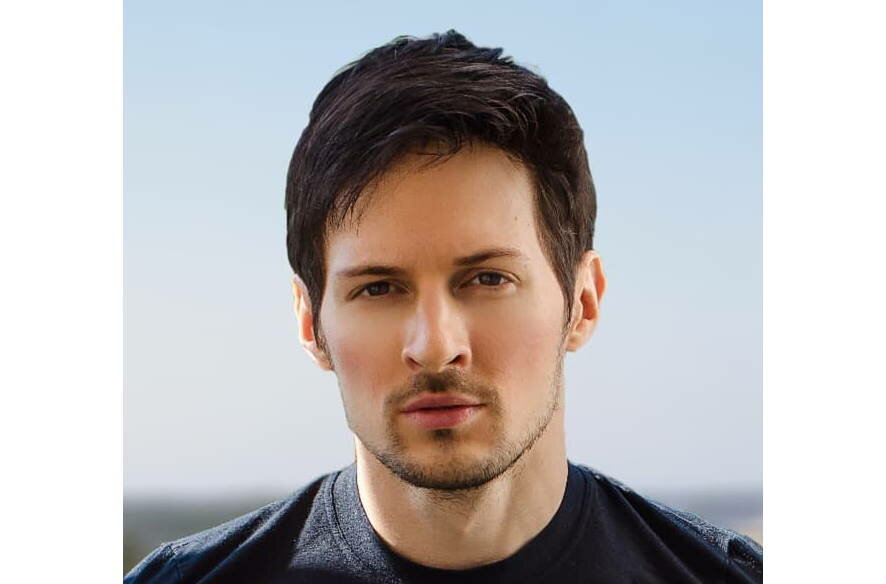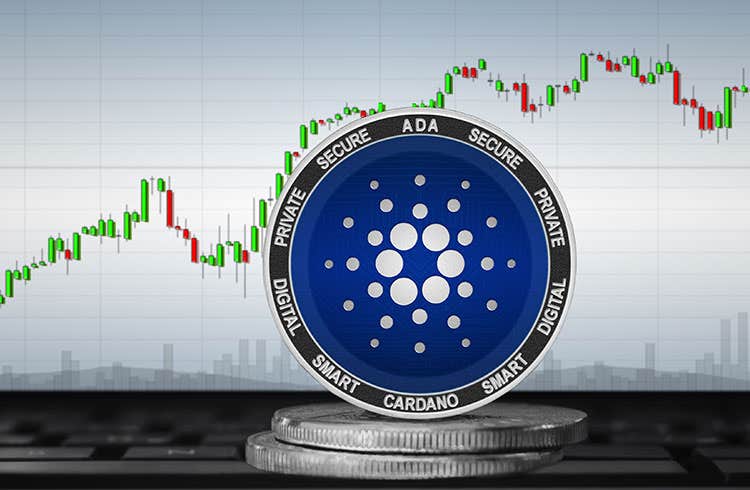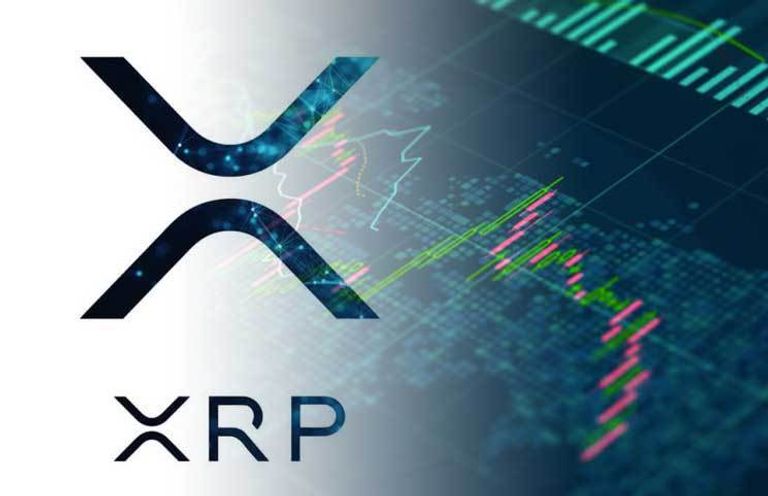Table of Contents
On Monday (26th), the Paris Public Prosecutor’s Office confirmed the arrest of Franco-Russian billionaire Pavel Durov, the founder, owner, and CEO of Telegram. The arrest took place on Saturday when Durov arrived in Paris from Baku, where he planned to stay for just one night.
Furthermore, French authorities state that the arrest is the result of a long investigation. The billionaire is accused of being an accomplice in various crimes related to his platform, including child sexual abuse and fraud.
Detention extended until Wednesday
According to investigations, the owner of the messaging app did not take the necessary measures to prevent crimes on his platform. He also did not cooperate with authorities during investigations.
On the other hand, Telegram issued a statement within the app the day after the arrest, denying any wrongdoing.
On the same day, the judge in charge of the case extended Durov’s detention for up to 96 hours. He therefore remained in prison until this Wednesday (28).
Durov is Being Interrogated
According to prosecutor Laure Beccuau, Durov’s arrest is part of an investigation that has been ongoing since July 8th of this year.
Moreover, this investigation continued a previous inquiry by the National Jurisdiction for the Fight Against Organized Crime (Junalco, in French).
The prosecutor also stated that the billionaire is undergoing interrogation. One reason for this is his refusal to provide necessary information for law-authorized investigations.
What crimes are listed in the investigation?
The investigating judges entrusted the case to the Center for Combating Digital Crime (C3N) and the National Anti-Fraud Office (Onaf).
Twelve crimes directly related to Durov are listed in the investigation.
Six of the accusations refer to possible complicity in illegal activities:
- Complicity in managing an online platform that facilitates illegal transactions by gangs;
- Complicity in possessing pornographic images of minors;
- Complicity in distributing, offering, and making these images available in organized groups;
- Complicity in transporting, possessing, offering, or selling narcotics;
- Complicity in offering, selling, and making available, without legal reason, equipment, tools, programs, or data designed or adapted to access or harm the operation of an automated data processing system;
- Complicity in organized fraud.
There are also three crimes related to the misuse of encryption:
- Providing encryption services that ensure confidentiality functions without proper declaration;
- Providing encryption tools that allow authentication or monitoring without prior notice;
- Importing encryption tools that allow authentication or monitoring without prior notice.
Additionally, he is accused of refusing to provide information or hand over documents to authorities upon request.
There is also the association with crimes or offenses that could lead to 5 or more years of imprisonment.
Finally, Durov is accused of covering up crimes or offenses committed by gangs.
Case turns into political dispute with Russia
On Monday (26th), French President Emmanuel Macron took to social media to assert that the arrest has no political motivation. On his X (formerly Twitter) account, Macron wrote:
“On social media, as in real life, freedoms are exercised within the law to protect citizens and respect their fundamental rights.”
However, this did not prevent the Russian presidency from issuing a statement the following day, claiming that Pavel Durov’s arrest is an attempt at intimidation.
Moreover, Kremlin spokesman Dmitri Peskov stated that “the accusations are very serious and require equally strong evidence.”
According to Peskov, if such evidence does not exist:
“It will be evident that this is an attempt to restrict communication freedom […] and even directly intimidate the head of a major company.”
In conclusion, Peskov made it clear that without solid evidence, the arrest is “nothing but politics.”
Finally, the United Arab Emirates also made a statement. The government of the country, where Durov has resided, requested consular access to the detainee from French authorities.
Telegram says it complies with european laws
On Sunday (25th), Telegram also issued a statement, asserting that it complies with European laws. Additionally, the company defended Durov, stating that he has nothing to hide:
“It is absurd to claim that a platform or its owner is responsible for the misuse of that platform. We are awaiting a quick resolution to this situation.”
Putin questioned about possible meeting with Durov
Pavel Durov, born in St. Petersburg and residing in Dubai since 2017, was detained after arriving in Paris from Baku, Azerbaijan, on his private jet.
Moreover, Russian President Vladimir Putin was also in Baku earlier last week.
On Monday, Putin was questioned about the coincidence. However, according to the Kremlin spokesperson, the Russian president did not meet with Durov.
Telegram itself had already stated that the founder of Telegram did not travel to Baku to meet with Putin, who was on an official visit.
Finally, according to Azerbaijani press, Durov had been on vacation for three weeks on the Caspian Sea coast. Following his arrest, some Russian politicians protested in front of the French embassy, claiming that Durov was arrested for not yielding to Western pressure.
On the other hand, some media outlets recalled that in 2018, Russian authorities themselves unsuccessfully attempted to block Telegram.
Furthermore, the Kremlin had already pressured Durov to relinquish control of the Russian Facebook, Vkontakte (VK). This ultimately led to the creation of Telegram in 2013 and Durov’s exile.
Telegram says it helps democratic movements
Since its inception, Telegram has been involved in many controversies. The messaging app currently has 950 million active users, according to data from July this year.
The company claims to protect user privacy and human rights such as freedom of expression and assembly.
Moreover, the company defends itself by stating that it plays a significant role in pro-democracy movements in various countries, including Iran, Belarus, Myanmar, Hong Kong, and Russia itself.
However, Telegram has faced criticism for allowing its use without requiring users to publicly share any personal data. Additionally, the service offers secret chats with encryption, whose content cannot be accessed later by third parties.
Who is the owner and founder of Telegram?
Pavel Durov is 39 years old and has an estimated fortune of $15.5 billion (R$85 billion), according to Forbes. He created Telegram in 2013 along with his brother Nikolai Durov, who is a mathematician and programmer.
Born in St. Petersburg, Durov left Russia in 2014 after refusing to shut down opposition communities on the VK platform.
According to Telegram, he also refused to hand over data on Ukrainian protesters to security agencies.
After leaving the country, the entrepreneur sought a new headquarters for his company, considering Berlin, London, Singapore, and San Francisco. He eventually settled in Dubai, where he obtained citizenship in 2021, the same year he became a naturalized French citizen.
- Washington Post: Trump to sign new bitcoin legislation on first day in office - January 14, 2025
- Here’s Why Cardano’s Price Might Climb by 140% - January 13, 2025
- A Look Back at Bitcoin’s Historic Year 2024: From ETFs to New All-Time Highs - December 31, 2024

























